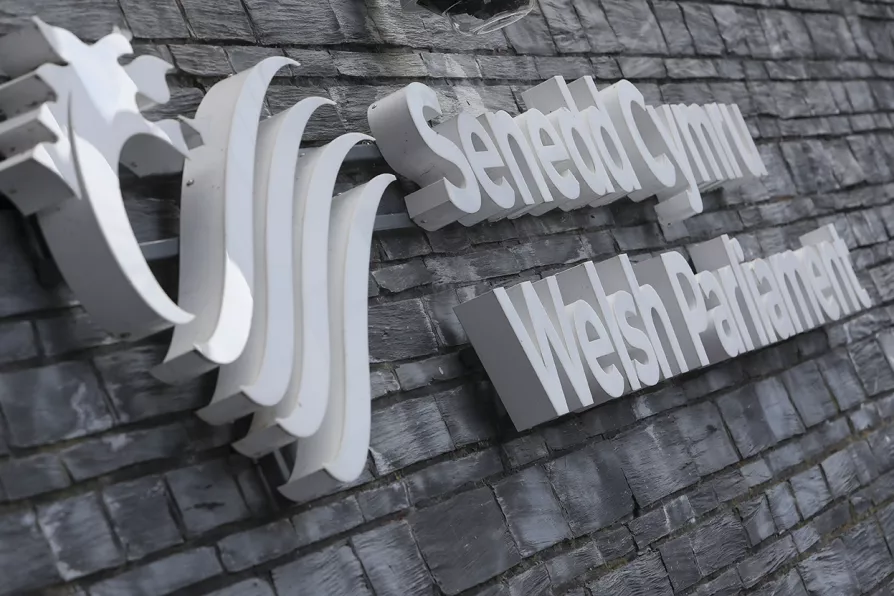RAMZY BAROUD offers six reasons why Netanyahu is prolonging conflict in the Middle East

 The Senedd, or parliament, in Cardiff
The Senedd, or parliament, in Cardiff
ONE of the more terrifying trends associated with the rise in support for Reform in Wales and throughout Britain — and indeed in the far right more generally throughout the world — is the idea that they have captured the anti-Establishment ground. The idea that the liberal left is the Establishment and that as a consequence a challenge to the status quo must come from the right.
Let’s be honest, in many areas of life the Establishment is far from helping ordinary working people and their families. On the left, however, we realise that this is precisely because the Establishment is in the hands of big business. The dominant ideology is the ideology of capitalism, the servant of the wealthy.
Elsewhere in the Morning Star and Communist Party campaigns much good work has been done to point out the link between big business and the agenda being peddled by Reform and others on the right. If we hope to inspire working-class voters in a turn to the left we must also promote the positive alternative. The Morning Star trade union conference in Cardiff this weekend hopes to build that alternative and as part of that the Communist Party is launching a pamphlet on its economic plan for Wales.

BILL GREENSHIELDS urges an intensification of the information offensive against the impact of the spurious discourse peddled by Reform UK

GUILLERMO THOMAS recommends a useful book aimed at informing activists with local examples of solidarity in action around the world












